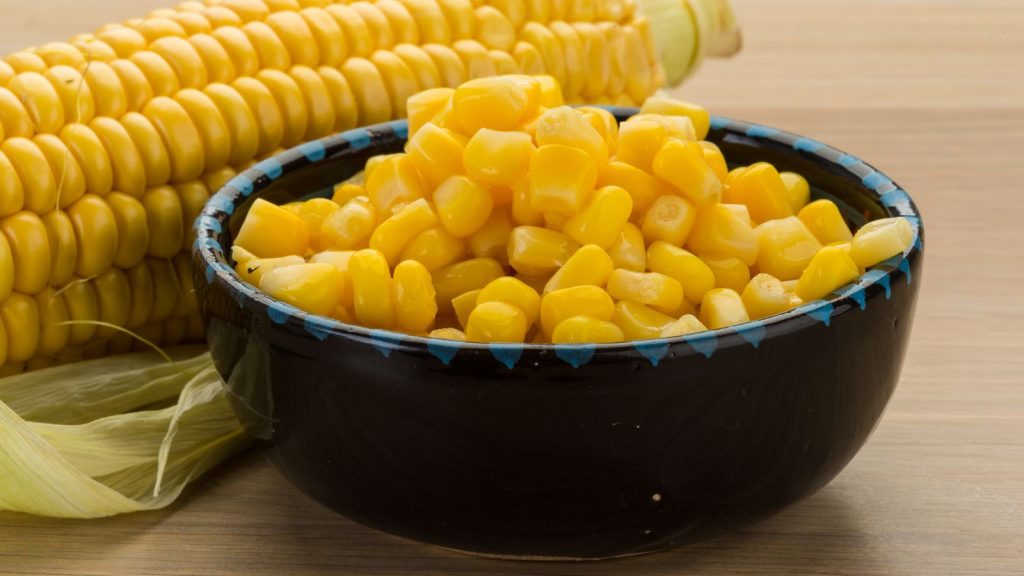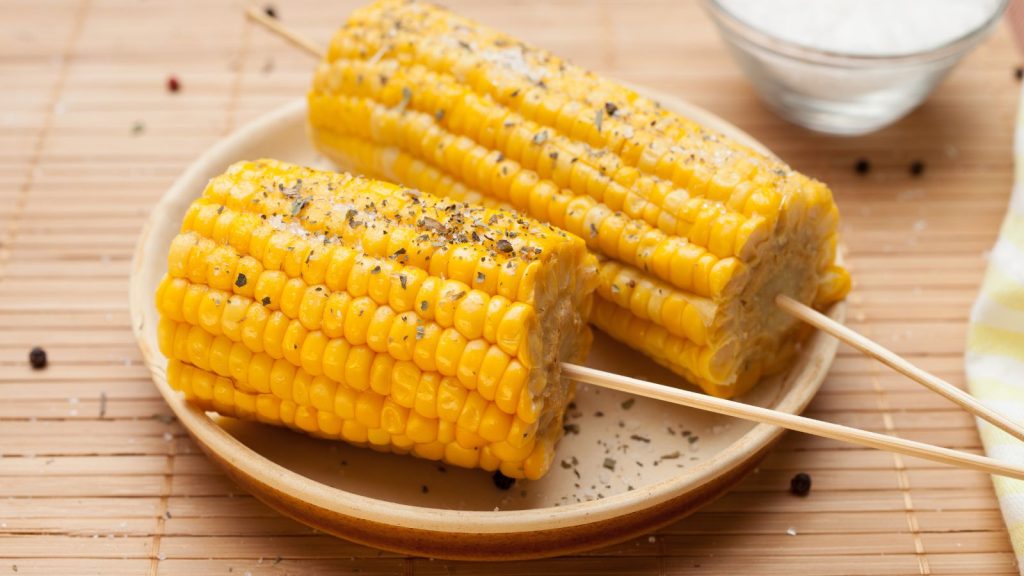Is corn good for diabetes? It’s an important question that many people with diabetes tackle daily. As corn contains a significant amount of carbohydrates, there’s a natural fear surrounding its consumption.
However, recent research has revealed that including moderate amounts of corn in your diet can have positive benefits for diabetics.
By monitoring carbohydrate intake and taking into account other key factors such as glycemic index, diabetes sufferers can reap nutritional rewards from eating corn while still enjoying a varied and healthy diet overall.
Uncovering the sweet truth about whether or not corn is good for diabetes means understanding these scientific findings and learning how to apply them appropriately to manage the condition best.
Is Corn Good for Diabetes?

Is Corn Good for Diabetes? It is an important question when managing chronic conditions such as diabetes. While corn is a good source of carbohydrates, it is also relatively high in calories, which can be problematic for those looking to control their weight.
Additionally, the type of carbohydrates in corn are primarily starches, which means that consuming corn may cause a rapid increase in blood sugar levels.
Therefore, it’s important to limit portion size and combine it with other foods on your plate, such as proteins and healthy fats, that will slow the digestion of the starch and help keep blood sugar levels more balanced – ultimately making it better for diabetes management.
In conclusion, corn can be a beneficial part of a diabetes diet if eaten in moderation. It is important to keep portion sizes in check and to opt for low-sugar varieties when possible.
It is also important to include other healthy, whole foods into the daily diet, like fruits and vegetables, proteins, and healthy fats. Additionally, checking blood sugar levels regularly before and after consuming corn or any other food is important.
Overview of Diabetes and its Symptoms
Diabetes, a disorder of the metabolism where one has sustained high blood sugar levels over time, can cause serious health complications if not managed properly.
Symptoms of diabetes can vary but often include increased thirst and frequent urination, extreme hunger, fatigue or nausea, slow-healing wounds, and blurred vision.
Is corn good for diabetes? Research suggests that individuals with diabetes may benefit from including whole grains like corn. Eating corn can help to increase fiber intake and stabilize blood sugar levels for those with diabetes.
Certain corn may contain compounds that lower the glycemic index of foods consumed alongside it, resulting in less insulin resistance overall.
With all factors considered and eating a balanced diet, preparing meals with corn could potentially provide important benefits for those with diabetes.
What is Corn and Its Nutritional Benefits?

What is corn?
Corn is a plant that belongs to the grass family. It is one of the most widely cultivated crops in the world and is a staple food in many countries. Corn can be eaten fresh, canned, or frozen. It can also be ground into flour or used to make corn oil.
Nutritional benefits of corn
Corn is a good source of several vitamins and minerals, including vitamin C, B6, folate, and iron. It is also a good source of fiber and protein. One cup of cooked corn provides about:
Health benefits of corn
The nutrients in corn may offer a variety of health benefits. For example, corn’s fiber may help lower cholesterol levels and reduce the risk of heart disease.
Corn antioxidants may also help protect against some types of cancer. Additionally, corn’s vitamin C and beta-carotene may help boost immunity and reduce the risk of some infections.
How to add corn to your diet?
There are many ways to add corn to your diet. You can add it to soups, stews, casseroles, or salads. You can also use it as a side dish or add it to main dishes such as tacos or burritos. Corn can also be eaten as a snack or used to make popcorn.
Is Eating Corn Good for People with Diabetes?
Is it possible for people with diabetes to enjoy corn without destroying their health? The answer is yes – in moderation. Eating a reasonable portion of corn as part of a balanced, whole foods diet can provide many benefits.
By adding corn to their daily intake, people with diabetes can benefit from the fibers and nutrients in the vegetable. Corn provides us with vitamins and minerals like thiamin, phosphorus, magnesium, and zinc, all of which are necessary to help maintain optimal body functioning.
Furthermore, the soluble fiber found in corn helps to slow digestion which helps regulate blood sugar levels. To ensure this beneficial vegetable is eaten in healthy moderation, be sure not to exceed one-half cup per day when including it as part of your diet.
Different Ways to Prepare Corn That are Diabetic-Friendly

Is corn good for diabetes? In moderation, it is! However, there are certain recipes that people with diabetes should consider when looking to prepare corn. Grilled, steamed, or boiled corn with herbs and spices are healthy varieties of a diabetic-friendly recipe.
For instance, adding thyme and garlic to your boiled or grilled corn can enhance flavor while keeping within diabetic meal guidelines.
Additionally, creating Mexican street corn or mixing sweet potato and yellow peppers in a roasted vegetable corn medley could be the perfect way to get creative in the kitchen while staying mindful of the nutrition needs of those diagnosed with diabetes.
Tips on Incorporating More Corn into Your Diet if You Have Diabetes
The debate on this topic is ongoing, but there are some tips you can keep in mind when incorporating more corn into your diet. Corn is high in carbohydrates, which raises blood sugar levels, so portions should be kept small and balanced with other foods.
Additionally, look for organic varieties of corn or corn products since they offer more vitamins and minerals and may contain fewer toxins. Canned or frozen ears of corn offer convenience and a nutrition profile similar to fresh ones.
Risks Associated With Eating Too Much Corn For Those With Diabetes
Is corn good for diabetes? While it’s true that corn can be part of a healthy diet, those with diabetes need to take extra precautions with their consumption.
Overeating corn can cause your blood sugar levels to spike since it is high in carbohydrates and calories – both of which contribute to excessive weight gain and put individuals at risk of developing type 2 diabetes.
Heavily processed varieties like canned or frozen products may contain added sugars or sodium that can cause health issues and disrupt nutrient absorption due to the removal of fiber by processing.
For these reasons, individuals should stick to moderate amounts of fresh whole corn and use lower-sugar substitutes in recipes wherever possible.
In conclusion, corn can be a beneficial part of a diabetes diet if eaten in moderation. It is important to keep portion sizes in check and to opt for low-sugar varieties when possible.
It is also important to include other healthy, whole foods into the daily diet, like fruits and vegetables, proteins, and healthy fats. Additionally, checking blood sugar levels regularly before and after consuming corn or any other food is important.



